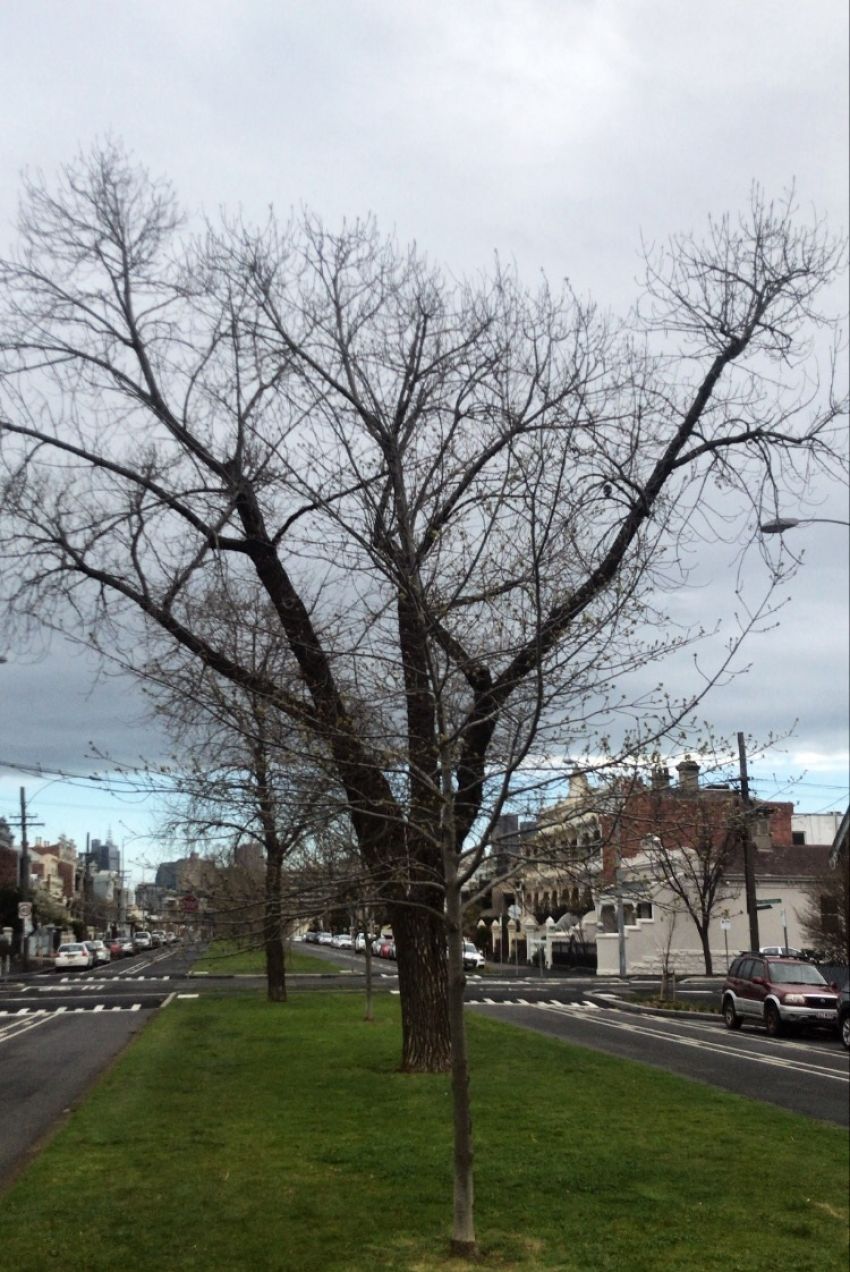
The COVID-19 pandemic has thrown up many surprises, but none as sickening as the political right pretending to care about people’s mental health.
No-one is in doubt about the toll lockdowns take on the community and especially on those who suffer mental health issues. They are an extreme health measure that the majority understand, but struggle to deal with. You can accept the health advice and still not enjoy it.
Calls for mental health reforms, in particular more funding for Medicare and an overall realignment of the health system, have been made for some time. But they have been largely ignored.
The rise in cost of living has forced many to choose between private health care and necessities, such as rent.
The underfunded public health system is simply not able to deal with specialised mental health services. For years, the Australian Association of Psychologists (AAPi) has reported that they are inundated with people struggling to find support and, when they do, are often unable to pay for it.
Meanwhile, the failures of the public health system have prompted psychologists to complain that they either cannot gain employment or, if they are able to, they are not paid for large periods of time. They have pointed to the problem that a provisional psychologist, in the final part of supervised practice, is able to treat private patients, but not through Medicare.
They also want the Medicare rebate to be almost doubled from $87.50 to $150.
The Productivity Commission Report (Volume 1) on Mental Health in June last year highlighted that out-of-pocket expenses for mental health treatment puts people off seeking treatment. By eliminating the cost gap, people on all incomes are encouraged to get the help they require.
These were all well known problems before the pandemic hit, although some pretend this is only now an issue.
For many suffering with mental ill health, the problem is only exacerbated by job cuts and/or job uncertainty.
The rate of people seeking JobSeeker is the second lowest in the Organisation for Economic Co-operation and Development, ahead of only Greece.
The federal government’s pitiful raise of $50 a fortnight announced in February was, according to Peter Whiteford and Bruce Bradbury in The Conversation, “the lowest figure the party believed would be palatable to the public”.
It is hard to believe that a government that has fought hard to keep unemployed people in the financial doldrums now suddenly cares about mental health.
Peta Credlin, former chief advisor to the former prime minister Tony Abbott and now chief Sky News provocateur, said in February that the “welfare lobby”, which argued that the rise was not enough, had got it all wrong. “All anyone capable of working should expect from the taxpayer is a hand up, not a handout”, she said.
Now, Credlin is railing against the Victorian government for inflicting a mental health crisis. Education minister Alan Tudge on August 16 both bemoaned “the enormous mental health impact which school closures and closing down the playgrounds is having on our schoolkids”.
Tudge is the same minister who voted “very strongly” to prohibit those in detention from being able to access their mobile phones.
The Victorian government pledged more than $2 billion towards mental health funding in May, primarily through a levy on big business. Howls of protest erupted from the right-wing media, especially the Herald Sun. At the time, the funding called for by mental health experts was labelled a “waste of money”.
By comparison, before this year, the New South Wales government had committed only $75 million towards mental health. As the Delta variant takes hold of NSW, this is woefully inadequate.
The public health system has many problems, largely because it has been chronically underfunded. The Coalition government would be happy to do away with it — ridding lower income earners of any chance of receiving mental health care — if it could.
The already expensive option of seeing a psychologist would be all but extinguished.
Doctors have been calling for more funding for public health for years. Without this, the system will wither and die. It would lead to a system like in the United States where only the rich get help and the inequality gap expands.
If there really is a shadow pandemic in this country, it is the mental health crisis, which the COVID-19 lockdowns have exacerbated.
Every death from the pandemic, including by suicide, is heartbreaking. Many of the poorest people, who are jobless and lack enough welfare support, are at greatest risk of mental health problems.
For the right to try and use the pandemic crisis to pretend they care about people’s mental health is sickening.